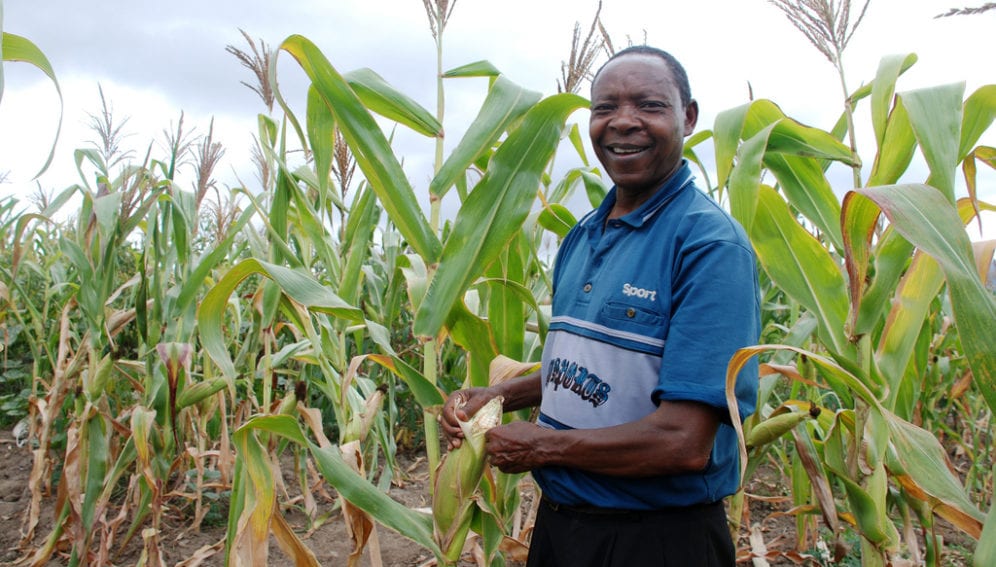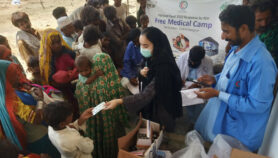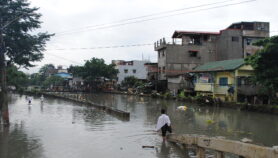By: Jan Piotrowski
Send to a friend
The details you provide on this page will not be used to send unsolicited email, and will not be sold to a 3rd party. See privacy policy.
Better observational data and geographically precise climate models are needed to allow scientists to predict the effects of rising atmospheric greenhouse gas concentrations at a local level, says a major climate change report.
Deficiencies in these areas prevent reliable temperature and rainfall predictions being made on a regional scale, according to the report published this week (30 September) by Working Group I of the UN's Intergovernmental Panel on Climate Change (IPCC).
The document, while underlining how much climate change science has advanced since the panel's last major report in 2007, also stresses the urgent need for more location-specific assessment, says Michel Jarraud, the secretary-general of the World Meteorological Organization.
"We need further projections, in particular to downscale this information to a regional and local level," he told a press conference in Stockholm, Sweden, on Friday.
The report compiles the scientific evidence for the physical aspects of climate change and, when joined by two upcoming investigations, one on impacts, adaptation and vulnerability, and the other on mitigation options, will comprise the IPCC's Fifth Assessment Report (AR5).
While models predicting temperature changes at a continent-wide scale consistently agree with observations, moving to a regional level adds much more uncertainty, meaning they match less well, says report.
A lack of observational data and methodological uncertainties also prevent any firm conclusions from being drawn about drought patterns, even at a global level, says report.
But the report finds that tropical and sub-tropical regions — where the majority of developing countries are found — will experience dramatic changes in rainfall as the climate warms.
Central America and the Caribbean, South-East Asia and the east coast of Africa will see greater rainfall extremes due to cyclones, while West Africa and South and East Asia will experience more rain during the summer monsoon, it adds.
Arid areas near the equator are likely to become even drier as precipitation becomes less frequent, the report finds.
“Climate scientists must realise that they are not the only experts and that their particular expertise can be complemented by that coming up from the ground.”
Camilla Toulmin, International Institute for Environment and Development
Furthermore, average worldwide warming of four degrees Celsius — a figure well within the range of possibilities the report outlines — will lead to the eventual disappearance of the Greenland ice sheet and a seven-metre rise in sea level, it says.
The weakness of local-scale mapping and prediction of climate change shows the importance of building a bottom-up understanding of the issue, says Camilla Toulmin, director of policy research organisation the International Institute for Environment and Development.
To achieve this, scientists must make use of local people's environmental observations of such things as temperature, rainfall and extreme conditions, she says.
This approach is especially important in developing countries, where resources are limited and where climate change is already having a significant impact.
"Climate scientists must realise that they are not the only experts and that their particular expertise can be complemented by that coming up from the ground," Toulmin tells SciDev.Net.
Bert Metz, a member of the European Climate Foundation's advisory council and a co-chair of the working group that dealt with mitigation for the IPCC's 2007 assessment report, says the panel itself has a role to play in filling knowledge gaps.
The IPCC should shift from focusing on overarching reports to producing smaller yet more regular reports that deal with specific issues, such as ice cap melting rates and sea level changes, where uncertainties are greatest, he says.
As well as helping to focus the scientific community on these more-pressing issues, regular reports could build the pressure on governments to reduce greenhouse emissions more effectively, Metz adds.














